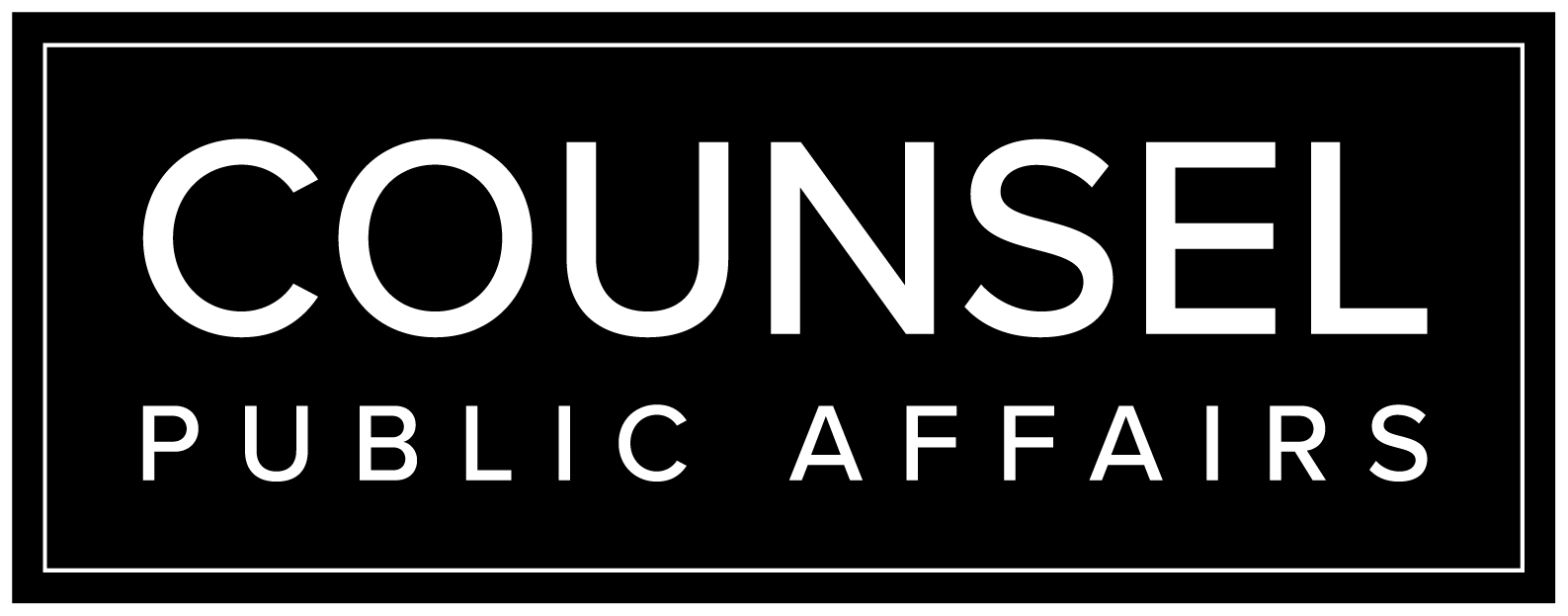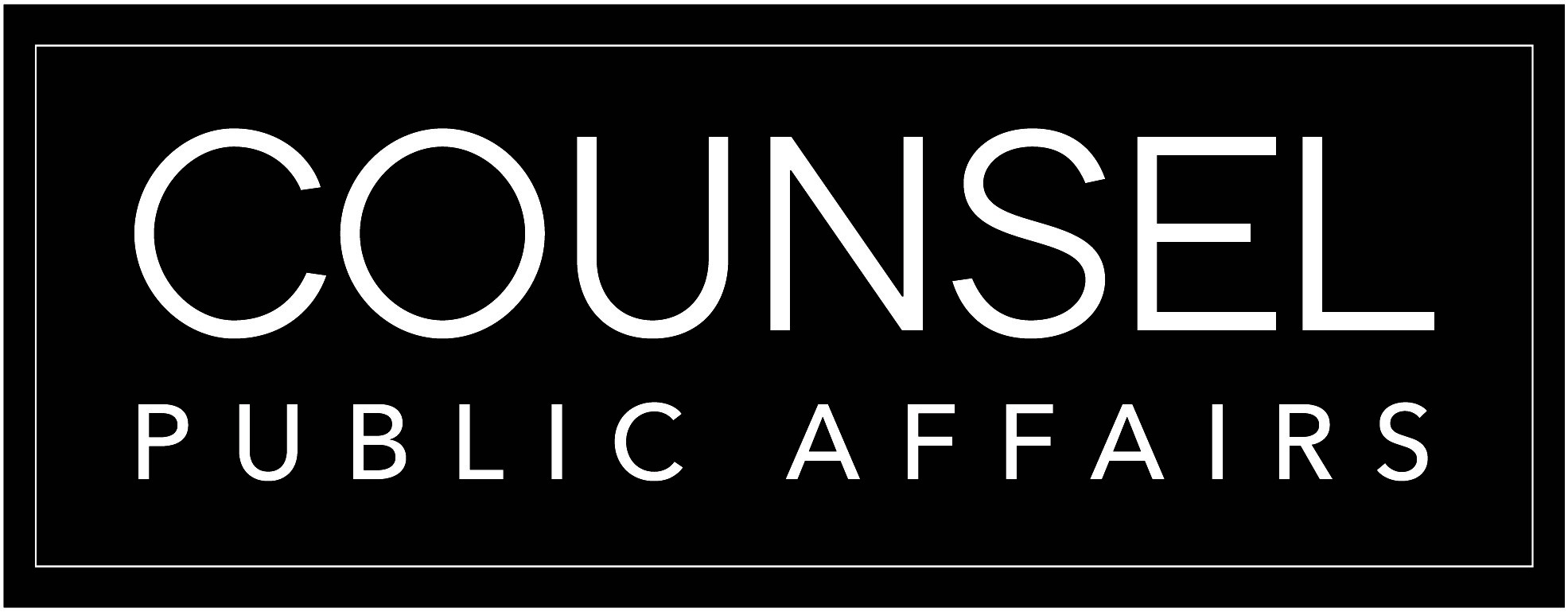As Ontario students settle back into their school routines, sharpened pencils and fresh erasers represent more than just the start of a new school year— they signal major shifts in the province’s public education system.
With a “no-nonsense” Minister in charge and the government still early in its mandate, the political conditions are well-aligned for bold action.
These factors have set the stage for the Ford government to double down on its efforts in reshaping Ontario’s public education system. At the governance level, the focus is on strengthening oversight, accountability, and financial management across school boards. While in the classroom, the government is advancing a “Back-to Basics” approach to student learning, with an emphasis on core subjects and clearer links between student learning and career
In the Spotlight – School Board Governance
Since assuming the role of Minister of Education earlier this year, Minister Paul Calandra has made improving oversight over Ontario’s publicly funded school boards his top priority.
Controversies at numerous Ontario school boards involving questionable spending by trustees and administrative leadership sparked investigations by the Ministry of Education. As a result, several boards, including multiple in the Toronto area, were placed under supervision in June.
Premier Ford and Minister Calandra have called the way that school boards are organized in the province “outdated” and are investigating options to modernize their governance. Specifically, the province has accused the trustees of seemingly focusing on everything but the actual classrooms, as well as demonstrating poor fiscal management. Currently, as many as one in three school boards across the province are grappling with deep budget deficits.
Various other provinces—including Nova Scotia, Quebec, and Manitoba—have taken significant steps to centralize decision-making authority within their education systems, shifting power away from locally elected school boards and toward provincial governments. As is the case with these provinces, the Minister has not ruled out getting rid of elected school board trustees altogether. In fact, he stated that he will announce plans on the “future of governance” by the end of this year.
In the Classroom – “Back-to-Basics”
Driven by concerns over declining math and literacy scores, Ontario’s newly designed curriculum reflects a “back to basics” approach, focusing on early reading and math in kindergarten, alongside new lessons in financial literacy, Black Canadian history, and the Holocaust. While these changes were paused in June to allow the Ministry to develop a more centralized and consistent curriculum, the new school year will likely reignite momentum behind the initiative.
Key Legislation – Bill 33: Supporting Children and Students Act, 2025
Central to the future of school board governance is the Ontario Government’s pending education legislation, the passage of which is expected to be a priority for the government this fall.
Bill 33, the Supporting Children and Students Act, proposes major shifts in operational control over Ontario school boards and schools. Currently in Second Reading, the bill will not take effect at the start of the 2025–26 school year, although some elements may be implemented later if passed this fall. Major proposed changes within Bill 33 include:
- Oversight and Increased Government Control
Expanded authority for the Minister of Education to investigate public-school boards in matters that constitute public interest beyond fiscal mismanagement and, if necessary, place their operation under ministry supervision. Boards must also comply with provincially established expense policies.
- Return of Police Presence in Schools
School boards are required to work with local police services to provide officers with access to school premises, allow their participation in school programs, and implement School Resource Officer (SRO) programs.
- Government Control Over School Naming
School boards must obtain government approval before naming or renaming any school, centralizing decision-making in the naming of schools.
Another thing to watch: with the Bill still in Second Reading debate, the majority government can modify its legislation and introduce additional changes when it proceeds to the Standing Committee for clause-by-clause review.
Looking Ahead
As the Ford government takes on greater control over school board governance, more responsibility will inevitably shift to the province. In this period of significant transition, expect the government to pair its expanded authority with increased support for teachers—ensuring they’re equipped to deliver new curriculum changes and refocus on classroom needs.
With a fresh mandate, a determined Minister, and a Premier convinced that parents have lost patience with trustee missteps, the Ford government appears willing to trade short-term disruption for long-term gains in student outcomes.
The Ontario Legislature returns on October 20th. Stay tuned for additional insights.


